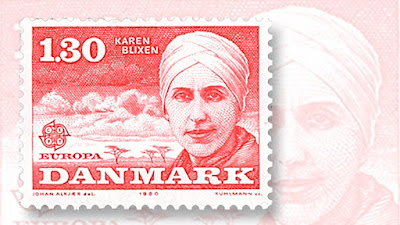Karen Blixen, also known by her pen name Isak Dinesen, was a Danish author best known for her memoir "Out of Africa," which chronicles her experiences living and working on a coffee plantation in colonial Kenya.
Blixen was born on 17 April 1885, in Rungsted, Denmark, and died on 07 September 1962, in Rungstedlund, Denmark. She spent many years in Kenya, where she ran a coffee farm called "Karen Coffee Company" near Nairobi from 1914 to 1931.
"Out of Africa," published in 1937 under the pen name Isak Dinesen, recounts Blixen's life in Kenya and her relationships with the local people and the landscape. The book explores themes of colonialism, love, loss, and the human connection to nature. It has been widely acclaimed for its lyrical prose and vivid depiction of African life.
In addition to "Out of Africa," Blixen wrote several other works of fiction and memoir, including "Seven Gothic Tales" and "Winter's Tales." Her writing often blends elements of fantasy, folklore, and autobiography, creating rich and imaginative narratives that have captivated readers around the world.
Blixen's literary legacy continues to be celebrated, and her works remain popular and influential in both Danish and international literature. Her ability to capture the beauty and complexity of human experience, as well as her deep connection to the African landscape, has left an indelible mark on the literary world.









